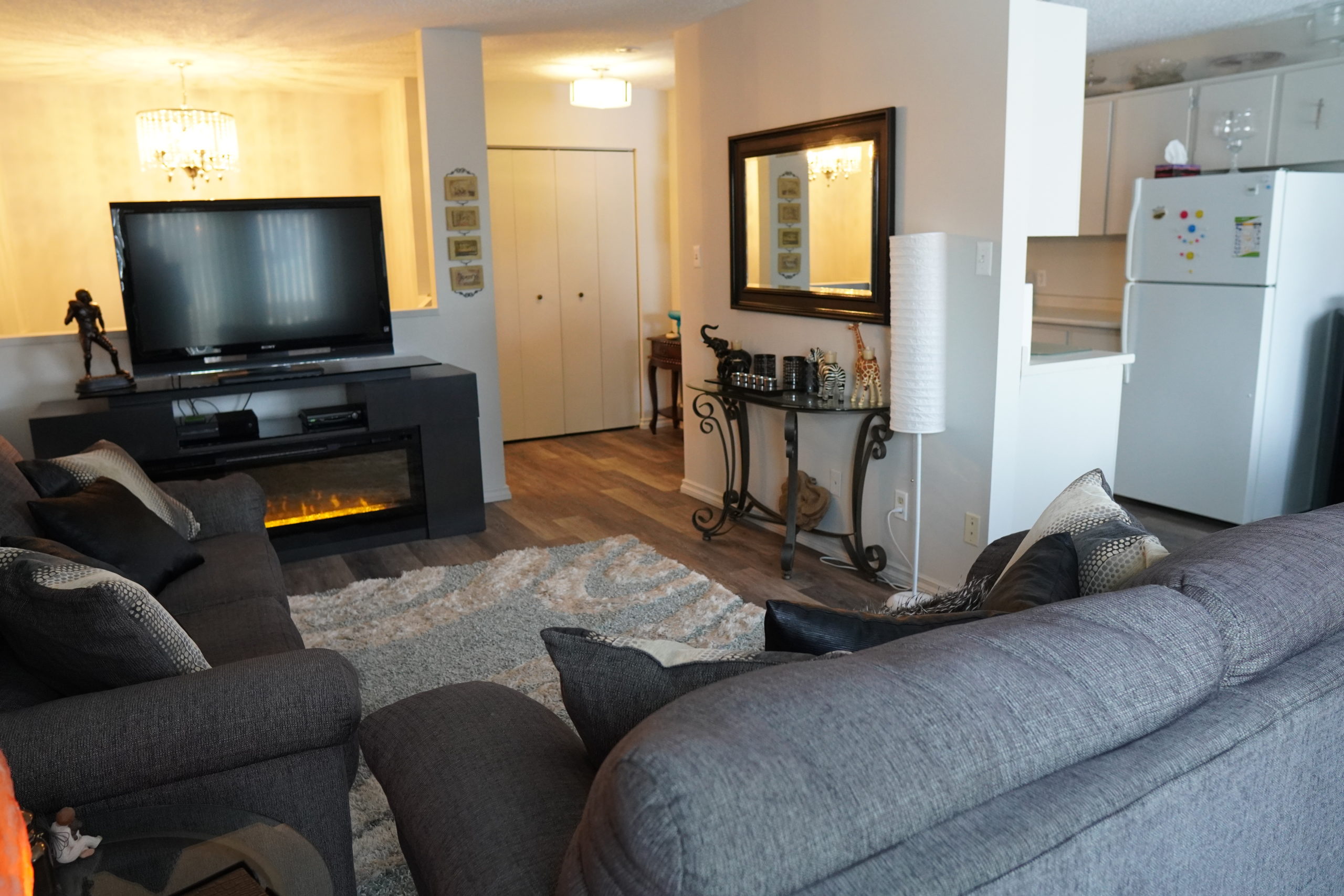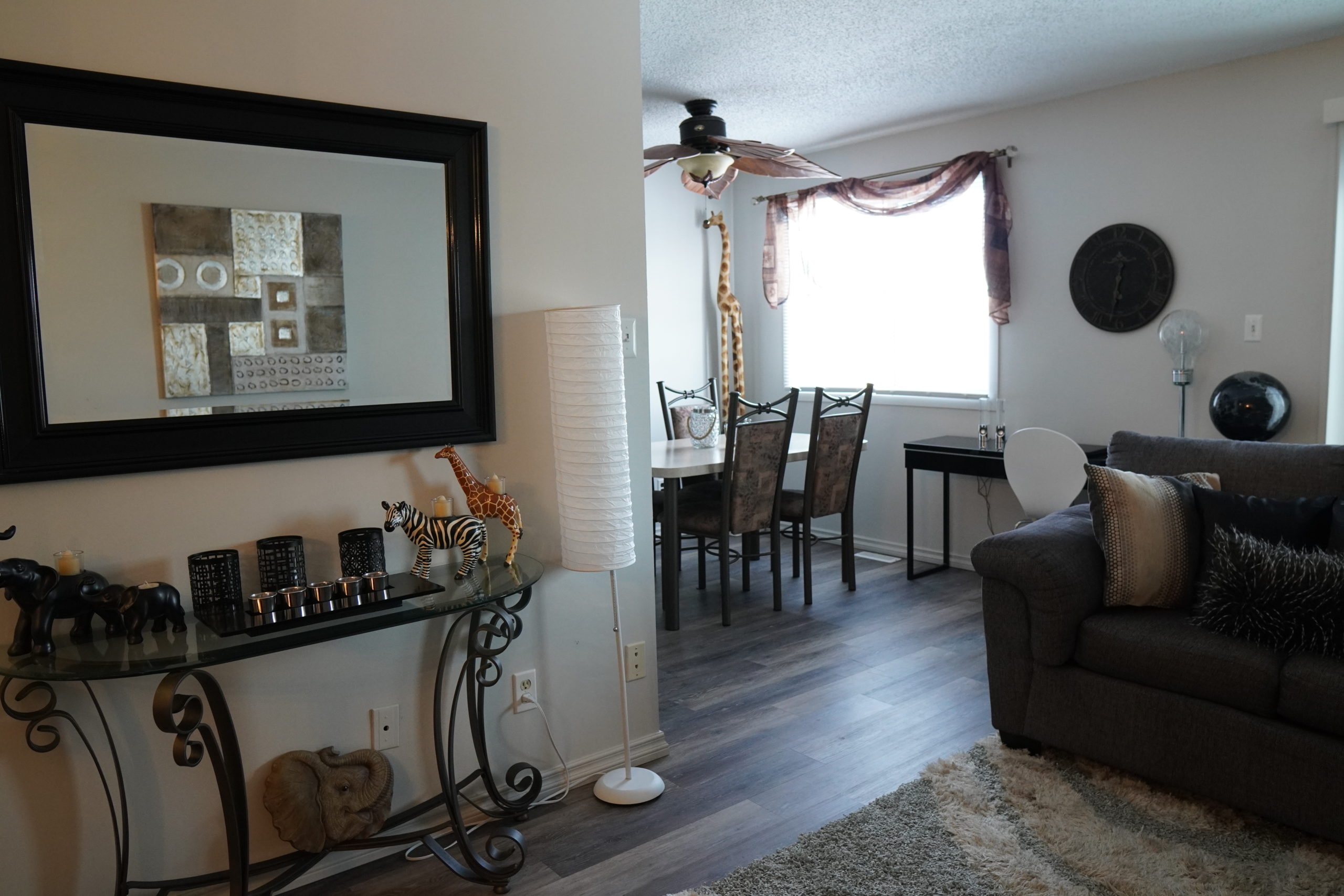
In 2020, nearly a third of all Canadians rent either apartments or houses for their dwelling. It may seem like the hardest part of renting a property is finding the right place to rent. Yet some of the most stringent and important work comes before you sign the lease on your new place. Leases are intended to safeguard both landlords and tenants in the end.
Problems can arise whether you are an experienced tenant or someone completely new to renting. There are five things that you should do as a renter before you sign the lease agreement and contract on a place for rent in Yorkton in Saskatchewan. We look at these four questions to ask and actions to take here before you finalize the rental process on houses or apartments.
1. Do ample amounts of research
This will help you to have confidence that you are engaging in a well thought out decision.
2. Ask questions about your property manager or landlord and whether he or she lives close by
There is one important reason to be aware of how far away your property manager or landlord lives. You may require that he or she address a problem personally, which will be much easier to get done if the manager or landlord lives close. It is also wise to investigate your particular landlord over the Internet. This is only fair, as your landlord will probably perform a background check on you, giving you every right to perform your own background research. It is also a smart decision to look for a review of your landlord on the well-respected website ReviewMyLandlord.com.
You should also carefully consider the amount of access your landlord legally has to your house or apartment that you rent in Saskatchewan. In the majority of cases, landlords are allowed to enter your home’s premises after they provide a notice first. This notice typically should be 24 hours in advance. If your lease permits the landlord to enter your dwelling without a notice being given, then you should stand firm on them putting in an advance notice clause in the contract before you sign anything.
3. Talk upfront with your landlord about any changes you intend to make to your apartment unit
This is a crucial thing to do upfront. The reason is because the majority of Canadian leases make it against the rules to do any changes to your unit’s interior physical appearance. The good news is that you can frequently negotiate this point with them if you do it upfront. You may want to rip out the carpet and put in wood laminate or paint a wall. Landlords in Saskatchewan will often agree to this if they perceive that it will increase the value of the unit. They might also ask for a larger security deposit in order to pay for the expenses of returning the unit back into its prior appearance before the next tenant moves in.
This is why it is crucial that you agree on all details with your landlord. This should be done in writing and not just verbally or over a friendly handshake. You need to carefully study the contract’s fine print, whether you choose to rent a house or an apartment. If you see a section in the contract that you want changed, you need to have this made in writing. Instead relying on a landlord’s spoken promise sets you up to have issues or even problems over something that he or she may later forget.
There are cases when the details in the lease are not sufficient. This can cause serious problems for you both if your expectations are not met, talked over, and written clearly out in advance of moving in to the property. That extra half an hour or hour you spend working painstakingly through the lease agreement with the landlord can spare you a great amount of anguish later in your lease term (and give you great peace of mind in the meanwhile).
4. Be sure that you are aware of all fees with the tenancy
You need to be well aware of all property-related fees upfront. For example, it is imperative that you understand if you have a grace period in case you are late in paying your rent one or more months.
Consider that the majority of leases will expect the rent to be paid on the first day of the month. Many of them will specify that the rent is late if received on the second day. Yet it is common for a grace period to provide you with until the fifth or at least the third day of the month before they determine that you are officially late and choose to assess a late fee. It is a good idea to know upfront how much the late fee is in case you turn in your rent past the grace period. Circumstances beyond your control can happen without warning after all.
In Conclusion
Renting is a positive experience for the majority of tenants and landlords in Canada today. This helps to explain why it remains so widespread to the tune of nearly a third of all Canadians renting across the country at any given time. So long as you take the time to do the proper research before moving in, know about and where your landlord lives, discuss changes to your unit in advance, and become aware of any fees associated with your lease beforehand, you should have a pleasant experience when you look for a place for rent in Yorkton or anywhere else in Canada.

